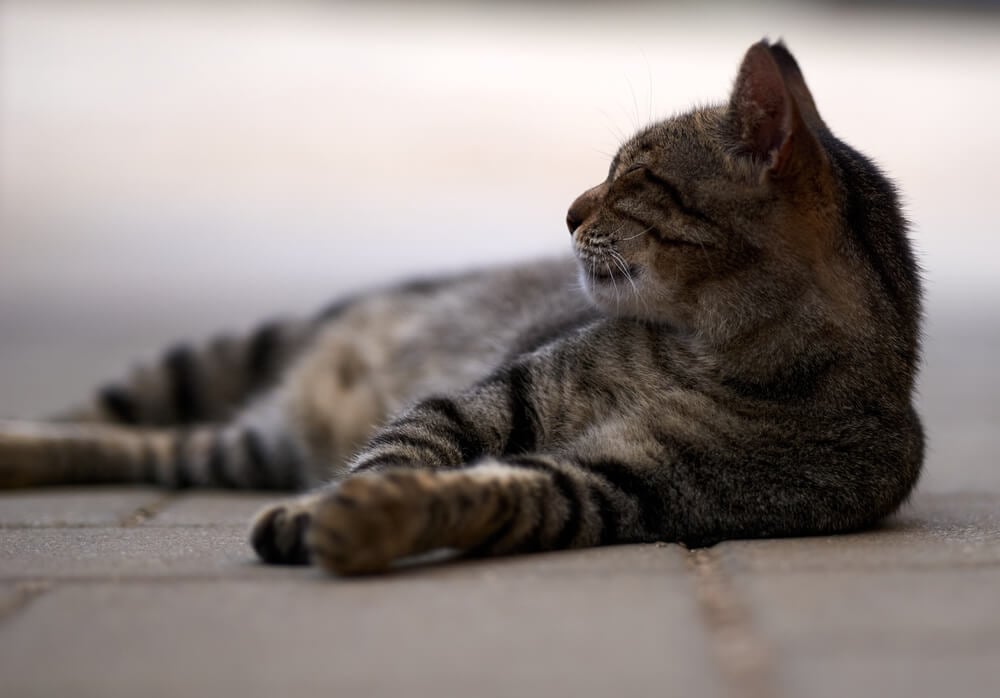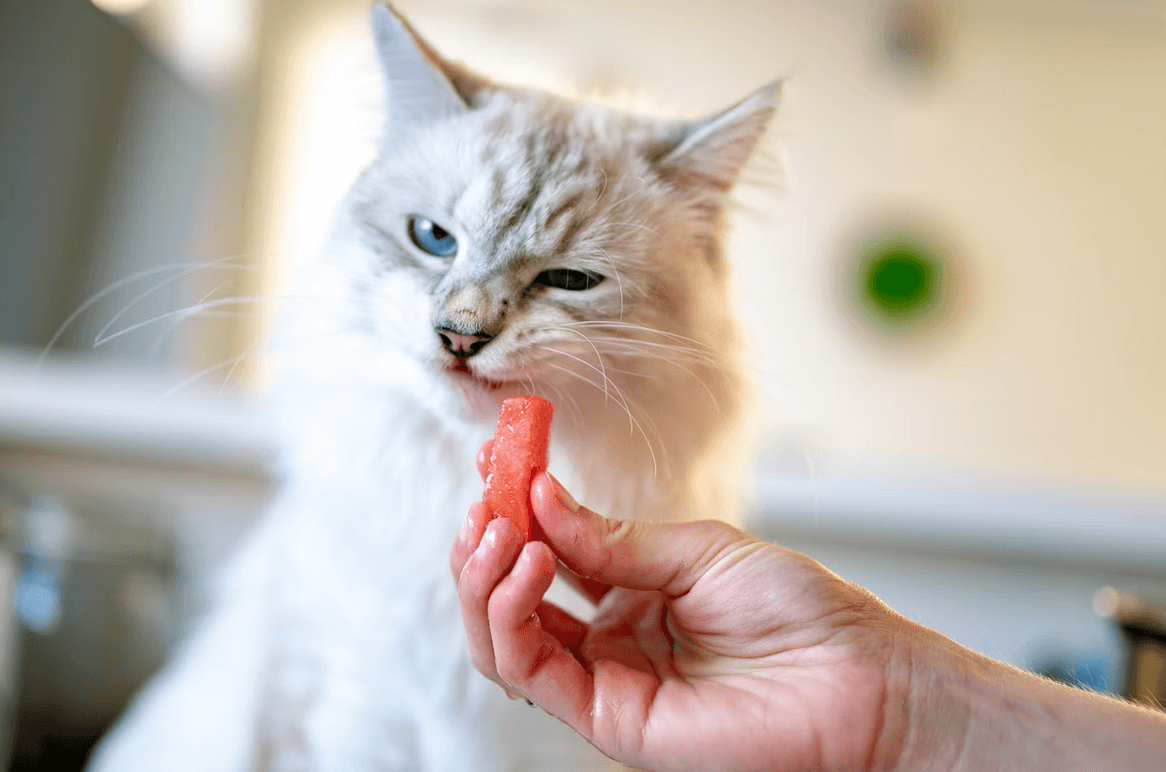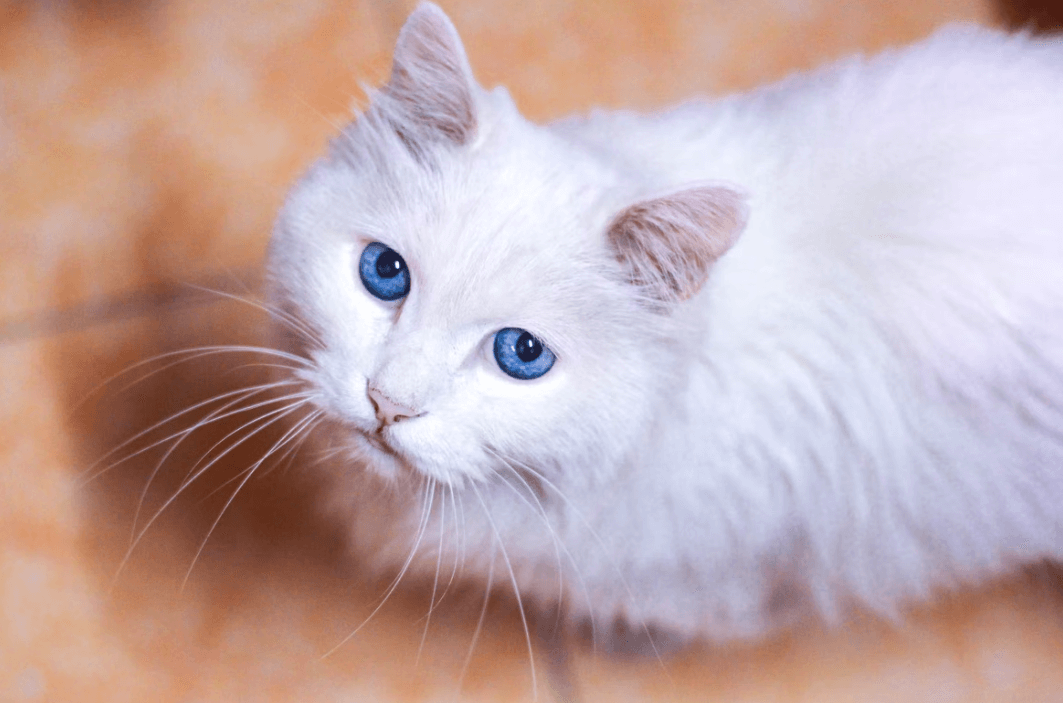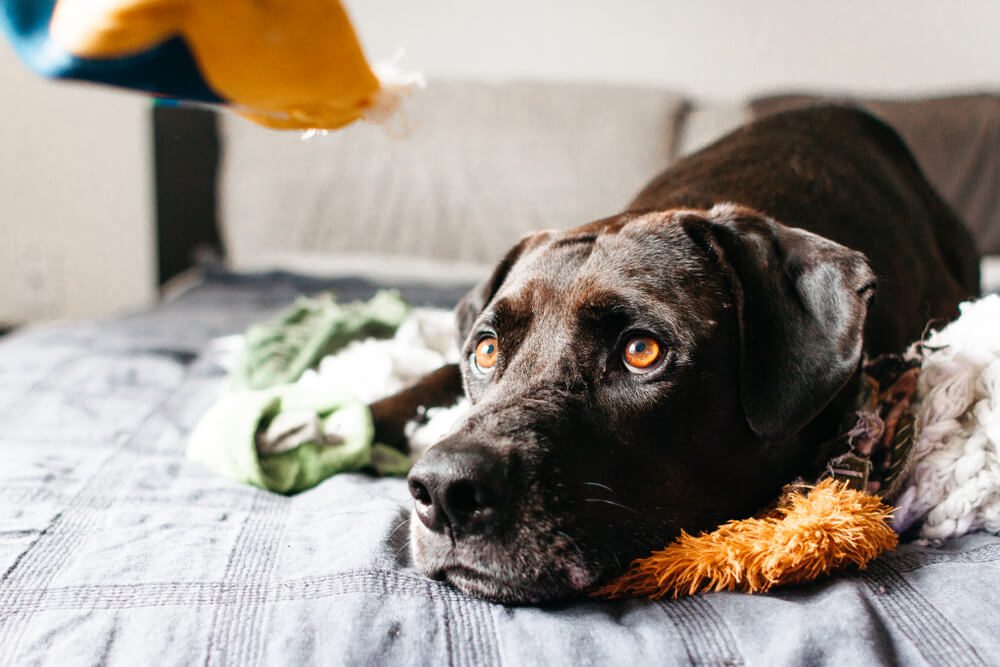How Long Can Cats Go Without Food? A Definitive Guide

Table of Contents
Why is My Cat Not Eating?

Your cat may not be eating for a number of reasons. Before we go into the reasons for cats eating we should not that the biggest concern for pet parents is how long can cats go without food.
Here are some of the common reasons cats stop eating and the health problems it can cause.
- Disease. Some infections can suppress your cat’s appetite or make it uncomfortable to eat. If your cat is experiencing diarrhea, vomiting, or dehydration it may be time to take them to the vet and have it looked at. Things such as gastroenteritis, pancreatitis, kidney disease, or urinary tract infections can cause your cat to refuse to eat.
- New Food. When changing to a new food, it is important to ease them into it. Swapping foods can disrupt the cat’s digestive system, or it might contain ingredients the cat does not want to eat.
- Recent Vaccination. Your cat needs vaccines. However, after being administered, vaccines can make the cat temporarily sick. This is generally a good sign – it indicates that the cat’s body is forming an immunity. However, one of the sickness signs will be not eating.
- Dirty Bowls. If the cat’s food bowl and water bowls are dirty, it may refuse to eat and drink. In addition to causing anorexia and dehydration, dirty cat bowls are a source of harmful bacteria and a serious risk to cat health overall.
- Constipation. If a cat does not get enough water, it can become constipated. This can tie into the point above about the dirty water bowl if a cat does not have access to drinking water and it is not receiving proper hydration from the food source. For example, kibble is moisture-low, and if the cat is only eating dry food, it may become badly dehydrated.
- Aging. Older cats will generally eat less than younger, more active cats. Loss of appetite can come with age but can lead to malnutrition or other health conditions. They also tend to drink less even if they have constant access to fresh water.
Pet parents need to be aware of these reasons. They should also schedule a check-up with the vet if their cats stop eating. Most of these issues can be resolved with proper treatment.
- 30% off on first orders of $30+ using code VETERINARIANS30
- 100% human grade dry cat food.
- Your cat will love this savory turkey and chicken recipe because it’s irresistibly delicious.
- Natural fiber & live probiotics to help support digestion.
- No artificial preservatives, feed grade by-products, fillers, GMO ingredients, corn, wheat or soy
How Long Can a Cat Go Without Eating?
Adult cats can go about two weeks without food but may suffer some serious consequences. After around three days, the cat’s body will begin to rely on fat reserves for energy, much like humans.
But a cat’s organs do not do this efficiently, and they require meat on a near-daily basis to remain in good health.
Can a Cat Go 12 Hours Without Food?
Yes, cats can go 12 hours without food.
However, ideally, cats should be fed ad libitum – their food bowl should always be filled with cat food and they can nibble whenever they want.
Can My Cat Go 24 Hours Without Food?
Yes, a cat can go 24, or even 48, hours safely without food.
However, this should not be a practice. Namely, a one-time occurrence of 24 hours without food is okay. Outdoor cats often spend longer without eating.
But, for cat owners planning a trip, it is recommended to seek a cat sitter that will tend to the cat’s needs and serve meals. They should not rely on the cat’s ability to spend the day without eating.
When Should I Worry About My Cat Not Eating?
If your cat stops eating on its own for 24 hours, it is time to call a vet as there may be a health issue. However, some indoor cats are grazers and might not eat that much.
In this case, pay close attention to their energy levels and their weight. If you see dramatic weight loss and notice your cat hasn’t been eating then it is time to contact your vet. The veterinarian may then prescribe medication to stimulate the cat’s appetite or suggest changing the cat food.
What Happens if a Cat Stops Eating?

If a cat stops eating, there are several potential scenarios and consequences. Let’s take a look at them:
- Weight Loss. Obviously, a cat that refuses to eat will start losing weight. Over time, its muscle tissues will become smaller, and the bony protrusions will be more visible.
- Metabolism Issues. If a cat stops eating, it will begin to convert fat into energy. The cat’s liver is not evolved to process high-fat levels, so once the protein reserves are depleted the cat’s liver may become overwhelmed with fat.
- Hepatic Lipidosis. As the fat stores are being processed, the cat can develop a fatty liver. This dangerous condition is known as hepatic lipidosis, and it can lead to liver failure.
- Kidney Failure. Another consequence of anorexia is dehydration. A severely dehydrated cat is at risk of developing kidney and bladder stones. These stones can lead to kidney failure if left untreated.
How do I Feed My Cat That Won’t Eat?
Changing the cat food formula can help. It is advisable to try wet canned food in place of dry food. Wet cat food is more appealing to cats as it resembles what they would eat in the wild.
Another option is to use catnip. Catnip is a natural appetite stimulant, meaning it can help your cat eat. In addition to supporting the cat’s appetite, catnip helps with relaxation and mood.
Finally, you can entice your cat’s appetite by offering tuna, sardines, or organic chicken baby food.


















